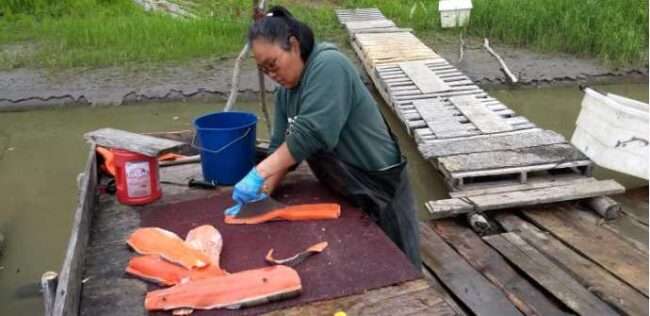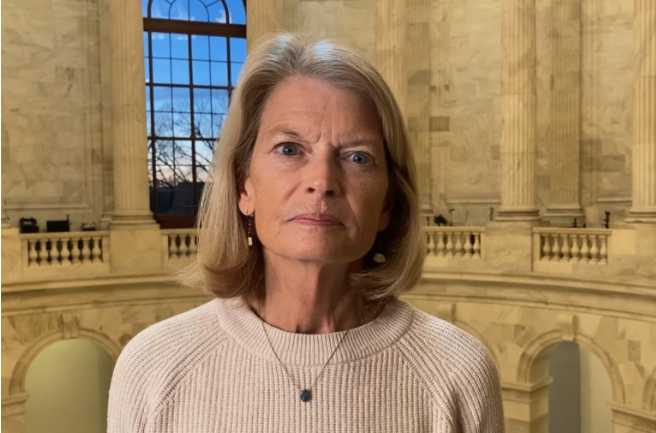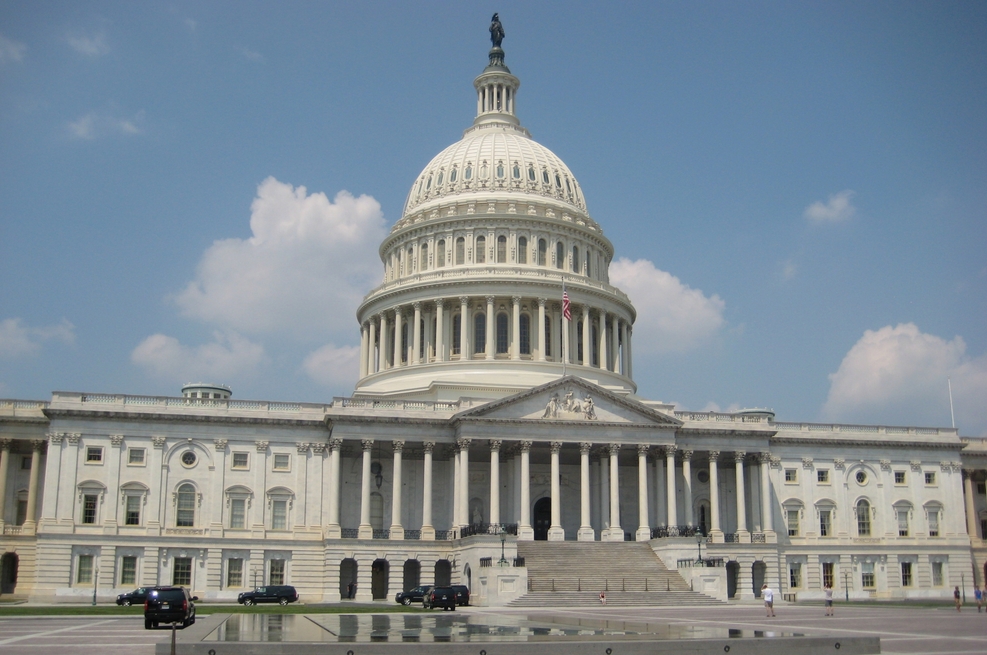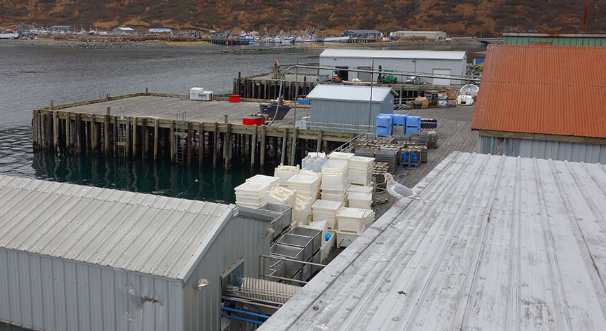Funding will advance NOAA’s efforts to support Indigenous Knowledge holders and Alaska Natives.

Last week, the Department of Commerce and NOAA announced the availability of $1 million for multi-year funding opportunities that will be distributed through the Alaska Fisheries Science Center Indigenous Engagement Program to support remote Alaska communities. This investment — funded by the Inflation Reduction Act — will help NOAA Fisheries advance efforts to promote climate resilience and food security in remote Alaska communities, strengthen collaboration with tribal governments and Indigenous communities and engage Indigenous Knowledge holder voices in NOAA Fisheries science. The Biden-Harris Administration has made historic investments in climate resilience and adaptation, including more than $50 billion from the President’s Investing in America agenda.
“This opportunity will enable entities working to benefit Indigenous Knowledge holders, including tribes and Alaska Native community members to advance equity and environmental justice — including just treatment, equal opportunities and environmental benefits for all people and communities and respect for tribal sovereignty,” said U.S. Secretary of Commerce Gina Raimondo. “Through this effort we hope to support research projects that address community concerns while enabling NOAA Fisheries to meet its research mission through collaborative and co-produced research.”
Up to $500,000 will be available in fiscal year 2024, with remaining funding potentially available in future years for continuation of work. Under this funding opportunity, projects will address one of three priority areas:
- Support and collaborate with existing Indigenous Knowledge networks to build capacity in remote Arctic communities in line with the NOAA Fisheries Equity and Environmental Justice Strategy.
- Incorporate Indigenous Knowledge into existing science, where possible, to build climate resilience in communities on the front lines of climate change in the Arctic. This requires NOAA services in the form of partnerships, internships and education opportunities.
- Conduct collaborative and co-produced research providing opportunities for the co-development of research and knowledge needs with academic, international and Indigenous partners at the Inuit Circumpolar Council.
“NOAA Fisheries recently produced its first Equity and Environmental Justice Policy with a goal of better serving all communities more equitably and effectively,” said Janet Coit, assistant administrator for NOAA Fisheries. “Through this funding opportunity, we hope to put that policy into practice by supporting efforts that build partnerships and promote knowledge sharing to advance climate adaptation and planning for Alaska communities on the frontlines of climate change.”
This multi-year funding opportunity aims to provide crucial support for 5-15 innovative projects per year, with individual project funding ranging from $15,000 to $50,000. In an effort to foster impactful and diverse projects, NOAA encourages project proposals within the specified funding range.
In December 2022, the Biden-Harris Administration issued a first-of-its kind Indigenous Knowledge guidance on incorporating Indigenous Knowledge in federal research, policy and decision-making at the Tribal Nations Summit. The Biden-Harris Administration formally recognizes Indigenous Knowledge as one of the many important bodies of knowledge that contribute to the scientific, technical, social and economic advancements of the United States and our collective understanding of the natural world.
Interested organizations are invited to submit their applications by Friday, April 26, 2024. To access detailed guidelines and submit a proposal, please visit the NOAA Fisheries website. Questions regarding this funding opportunity may be directed to Laura Hoberecht via phone (206) 526-4194 or email Laura.Hoberecht@noaa.gov. NOAA Fisheries will also host public webinars to answer questions regarding this funding opportunity.
As part of NOAA Climate-Ready Fisheries, NOAA is committed to bolstering the nation’s $370 billion fishing industry and the states, communities and tribes who rely upon it. In addition to the funding opportunity outlined above, NOAA will invest $145 million to address NOAA Fisheries’ data acquisition priorities. More details about this funding will be coming soon.
Please visit NOAA’s Inflation Reduction Act website for updates on current and future funding opportunities.
[content id=”79272″]








